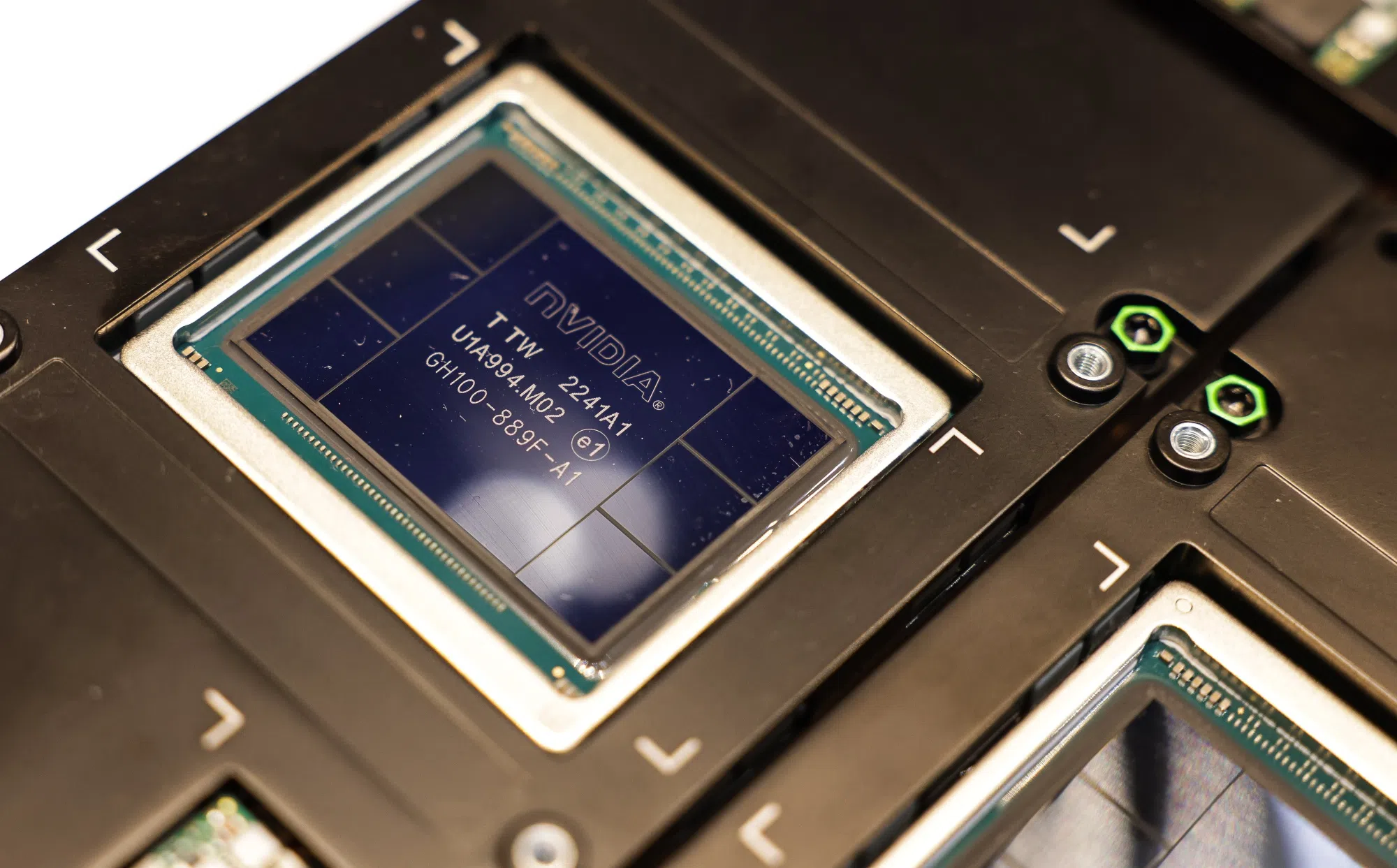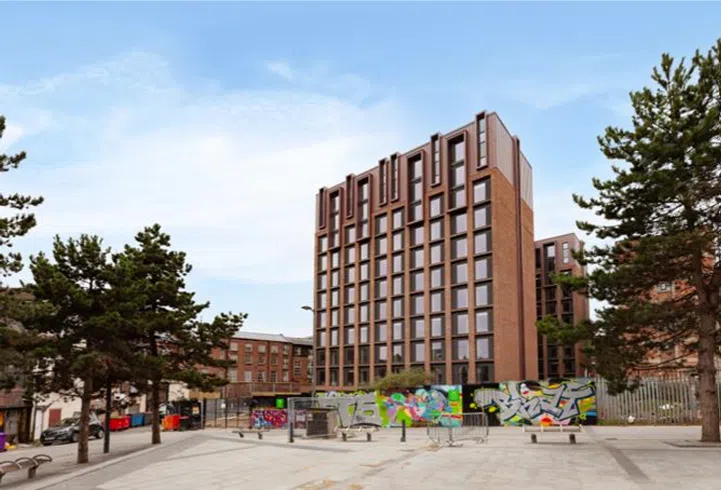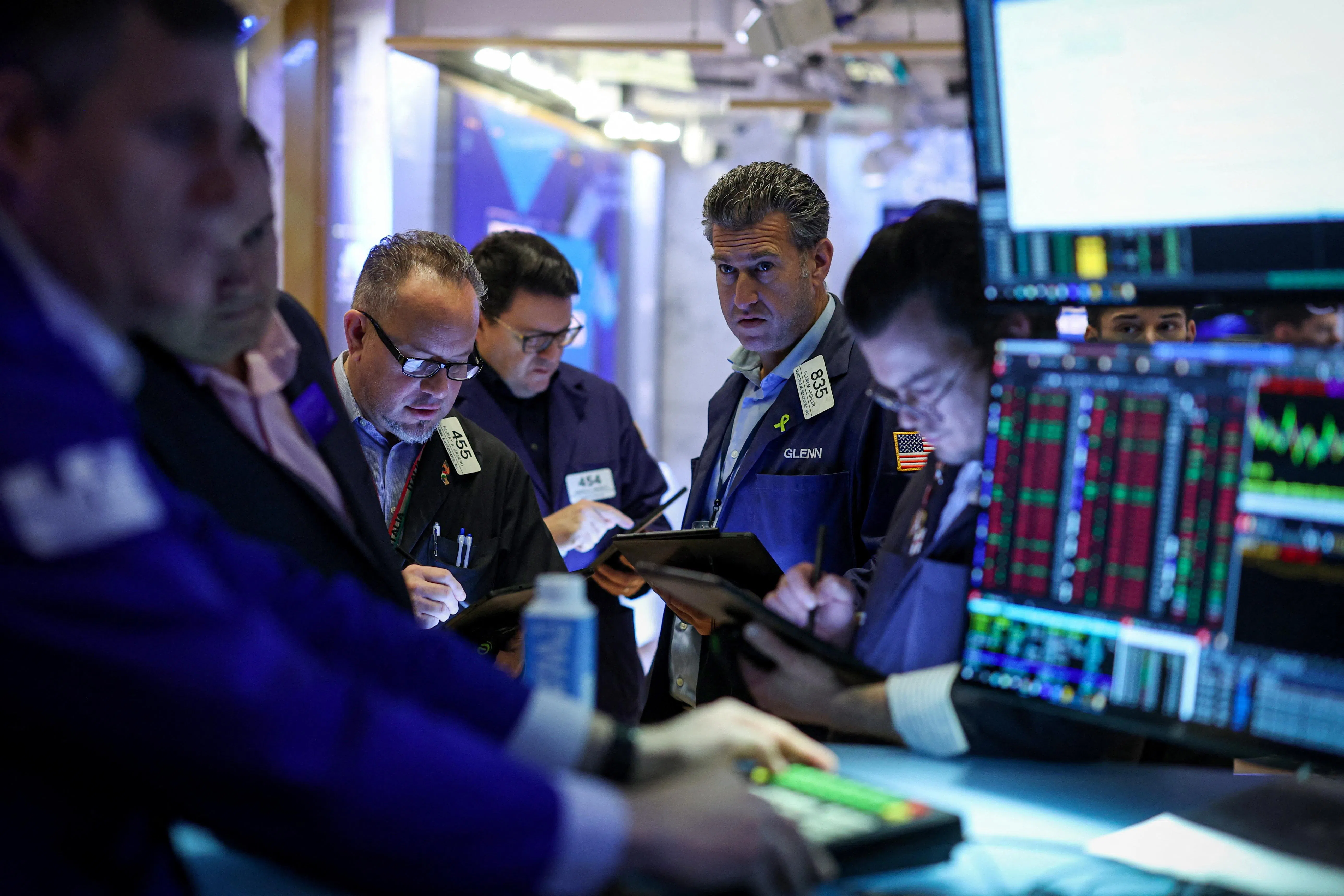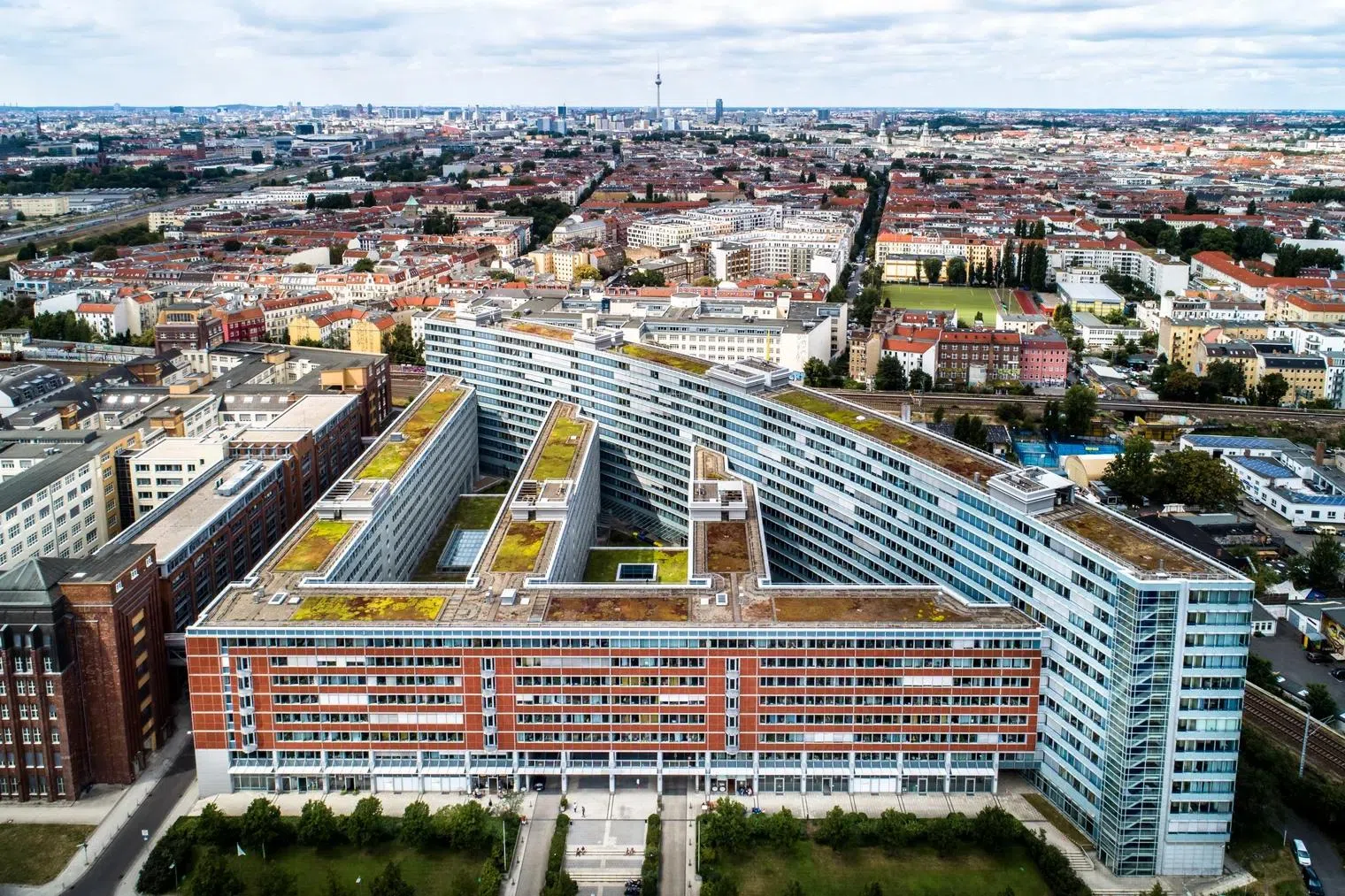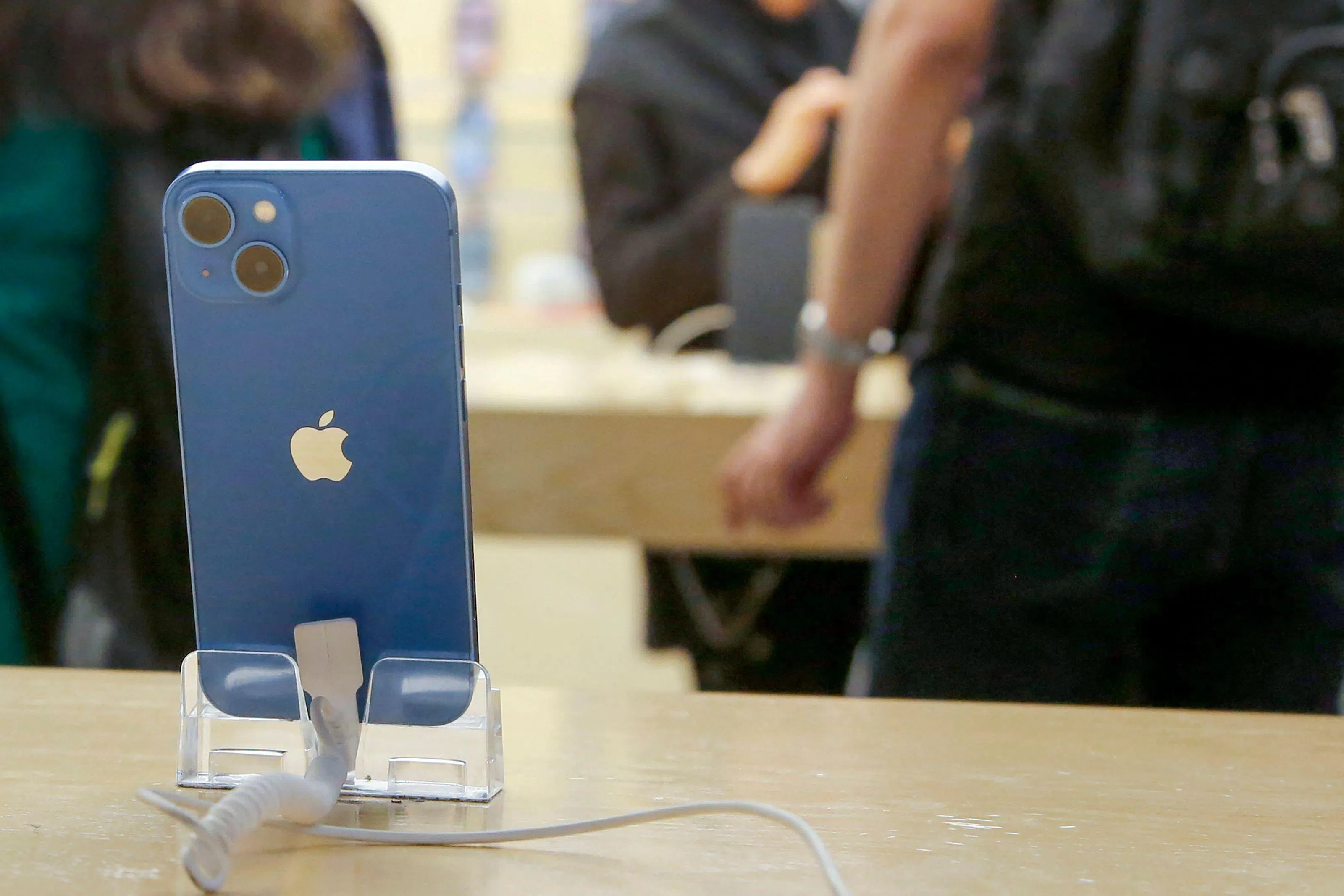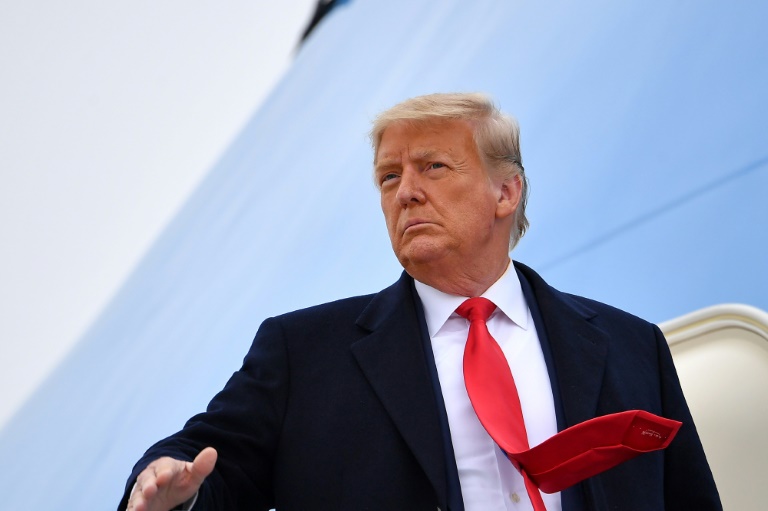US OFFICIALS have slowed the issuing of licenses to chipmakers such as Nvidia and Advanced Micro Devices (AMD) for large-scale artificial intelligence (AI) accelerator shipments to the Middle East, according to sources familiar with the matter, while officials conduct a national security review of AI development in the region.
It’s unclear how long the review will take, nor is there a concrete definition of what constitutes a large shipment, said the sources, who asked not to be identified because the discussions are private. Officials are particularly focused on high-volume sales, the sources said, as countries including the United Arab Emirates and Saudi Arabia look to import massive quantities of the chips used in AI data centres.
AI accelerators – a category pioneered by Nvidia – help data centres process the flood of information needed to develop artificial intelligence chatbots and other tools. They have become essential equipment for companies and governments seeking to build an AI infrastructure.
In October, the Commerce Department added much of the Middle East to chip export restrictions that originally focused on China and a handful of other foreign adversaries. That meant companies needed a special US government license to ship cutting-edge semiconductors and chipmaking tools to countries such as Saudi Arabia and the UAE.
US officials have delayed or not responded to license applications submitted under that rule in the past several weeks, some of the sources said. That includes attempts to sell to customers in the UAE, Saudi Arabia and Qatar, according to one of the sources. In addition to Nvidia and AMD, Intel and startup Cerebras Systems also make accelerator chips. The four companies declined to comment.
The goal is to give Washington time to develop a comprehensive strategy around how the advanced chips will be deployed overseas, according to the sources. That includes negotiating who manages and secures the facilities used to train AI models, some of the sources said.
GET BT IN YOUR INBOX DAILY
Start and end each day with the latest news stories and analyses delivered straight to your inbox.
Shares of Nvidia slipped to a low for the day after Bloomberg reported on the license reviews. At the close in New York, the stock was down 3.8 per cent to US$1,105. AMD, meanwhile, pared earlier gains. It was up less than 1 per cent to US$166.75.
The Commerce Department said its highest priority was “protecting national security”.
“With regards to the most cutting edge technologies, we conduct extensive due diligence through an interagency process, thoroughly reviewing license applications from applicants who intend to ship these advanced technologies around the world,” a representative for the department said. “As always, we remain committed to working with our partners in the Middle East and around the world to safeguard our technological ecosystem.”
Thea Kendler, who leads export administration at the Commerce Department, visited the UAE, Saudi Arabia, Qatar and Kuwait earlier this month as part of those ongoing discussions. In the UAE, she indicated that there was progress in collaboration on semiconductor export controls, another source familiar with the matter said.
Part of the concern is that Chinese companies, which are largely cut off from cutting-edge American technology themselves, could access those chips through data centres in the Middle East. The Biden administration has been waging a broader campaign to keep advanced semiconductors and manufacturing equipment out of China’s hands, for fear that the technology will be used to bolster its military.
The UAE and Saudi Arabia have been jockeying for regional leadership in AI, aiming to reduce their economies’ dependence on oil. Both countries see the US as a key partner in that effort, and top officials and companies have said they will fulfil US requests to keep Chinese supply chains separate – or divest from Chinese technology entirely.
Meanwhile, Saudi Arabia just forged a deal with China’s Lenovo Group that involves the computer maker building a research and development centre in Riyadh.
The ability to secure export licenses is a major part of negotiations surrounding Microsoft Corp.’s US$1.5 billion investment in Abu Dhabi AI firm G42 – a partnership that followed months of talks with US officials. BLOOMBERG

